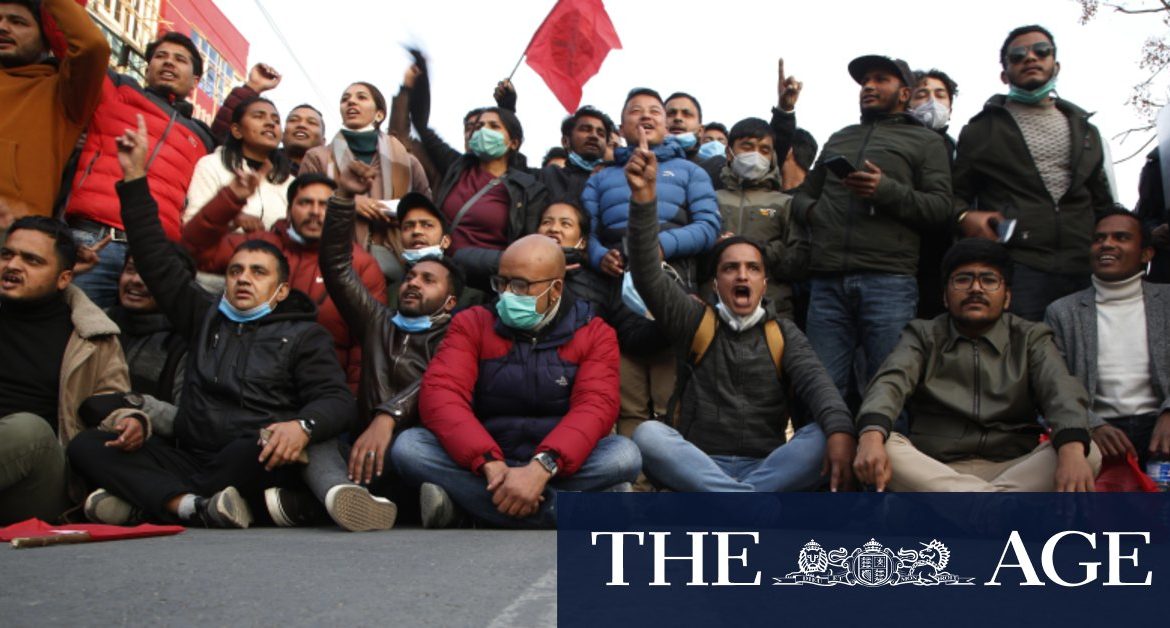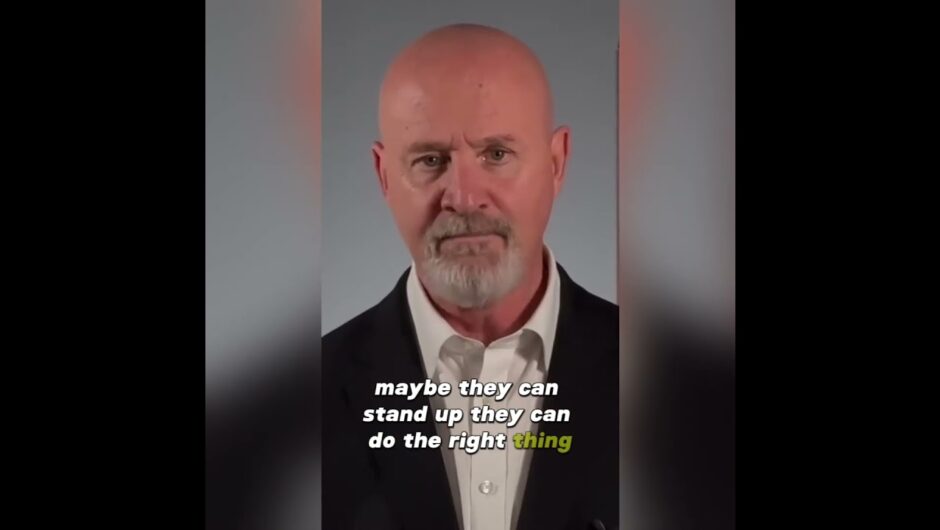By dissolving the lower house, Oli might avoid a potential no-confidence vote from its members. But experts said that he lacked the power to dissolve Parliament and that the move could be challenged in the country’s highest court.
A Nepalese protester burns an effigy of Prime Minister Khadga Prasad Oli in front of the parliament building in Kathmandu on Sunday.Credit:AP
“Under existing constitutional provisions, dissolution of Parliament can’t be the Prime Minister’s prerogative when there are many other options to form a new government,” said Bipin Adhikari, former dean of Kathmandu University Law School and a constitutional expert. “It’s an unconstitutional step.”
Nepal has long swung between favouring China or India. It has extensive economic ties with India, where many of its people work, and like India has a majority Hindu population.
In 2015, India imposed a months-long unofficial blockade against Nepal over a new constitution adopted after a bloody Maoist insurgency, and many in Nepal believed the move stemmed from New Delhi’s feeling that it should have been more involved in the drafting. Last year, some people in Nepal blamed India for building embankments that worsened flooding on the Nepal side of the border.
As tensions with New Delhi rose, Beijing moved in. China has pumped money into Nepal, which it sees as crucial to its efforts to build influence in the region. That campaign got a boost in 2017, when the communists won the election.
The current turmoil throws those gains into doubt.
Should Oli fall, China would lose a friend. Chinese President Xi Jinping paid a high-profile visit last year. And Oli has made an effort to show his sympathy to Beijing by organising training on Xi Jinping Thought, as the Chinese leader’s instructions are called.
“Oli wasn’t an acceptable prime minister for India,” said Adhikari. “The next prime minister could be more India-friendly than Oli.”
Nepal, a country of 28 million people and one of the poorest countries in South Asia, is still struggling with the pandemic. Official figures suggest the coronavirus is under control – it has recorded approximately 253,000 COVID-19 cases and lost 1788 people to the disease. But testing remains spotty, global mountain climbers are staying home and Nepalese migrant workers are jobless in many places around the world.
A recent World Bank projection said the country’s economy would grow by under 1 per cent in 2021. Tourism has been hit hard. The popular climbing season for Mount Everest was cancelled this year.
A fresh election will be a costly exercise. The last election had cost an estimated $US475 million. Several social media users from Nepal compared the cost of holding another election with vaccinating the country against coronavirus, which is projected to cost about $US670 million.
The New York Times, The Washington Post
Most Viewed in World
Loading







